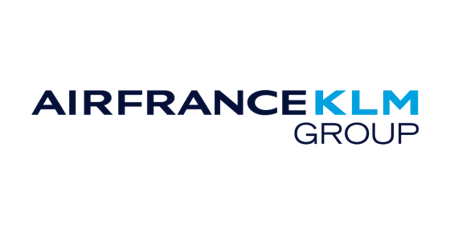
Client:Air France-KLM
Region:Europe
Industry:Transportation & Logistics
Finance and Accounting (F&A)
Air France-KLM frees highly skilled staff to achieve more
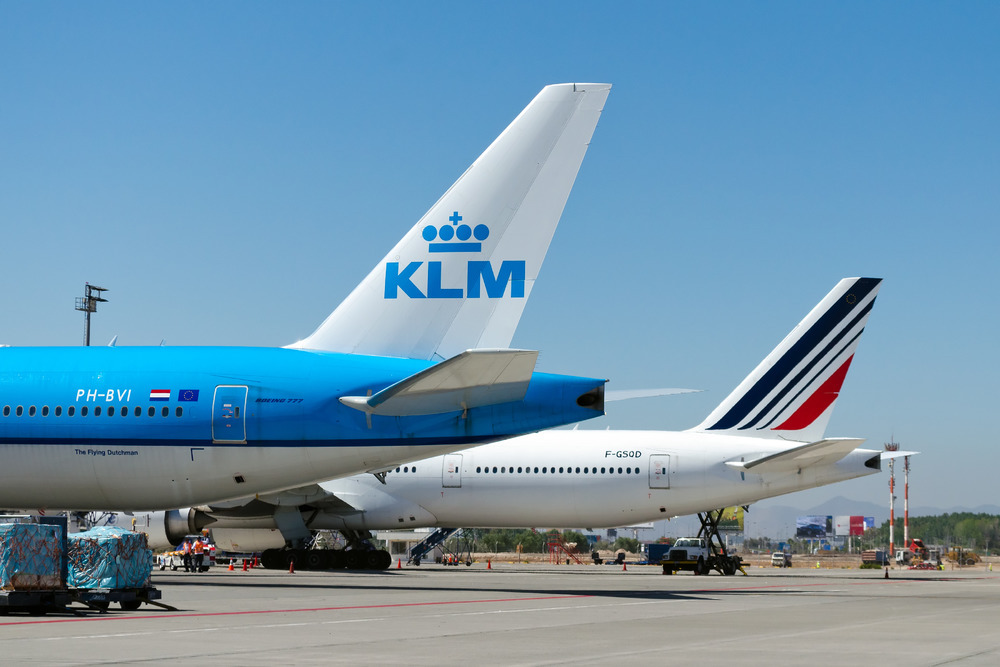
610%
ROI within the first year following the implementations at Air France-KLM’s Business Service Center in Budapest
15
FTEs working on more value-added tasks in Budapest
780%
ROI after three years at Air France-KLM Schiphol HQ
25
FTEs working on more value-added tasks at Schiphol HQ
Client Overview
The Air France-KLM Group operates one of the most extensive flight networks between Europe and the rest of the world. Serving 310 destinations in 117 countries it carries passengers, cargo and has a large aeronautical maintenance operation. Founded in 1919 (KLM) and 1933 (Air France), the business now has a fleet of 516 aircraft and its frequent flyer program, Flying Blue, has over 18 million members.
Partner

The aviation industry requires precision planning and administration. Thousands of intricate processes need to work in unison to ensure efficient and effective operations. Whether planes are carrying life-saving medical cargo or taking holidaymakers on the trip of a lifetime, everything needs to run like a well-oiled machine.
This creates challenges, especially when airlines merge as Air France and KLM did in 2004. The two businesses needed to integrate operational and commercial processes to maintain efficiency and reduce duplication.
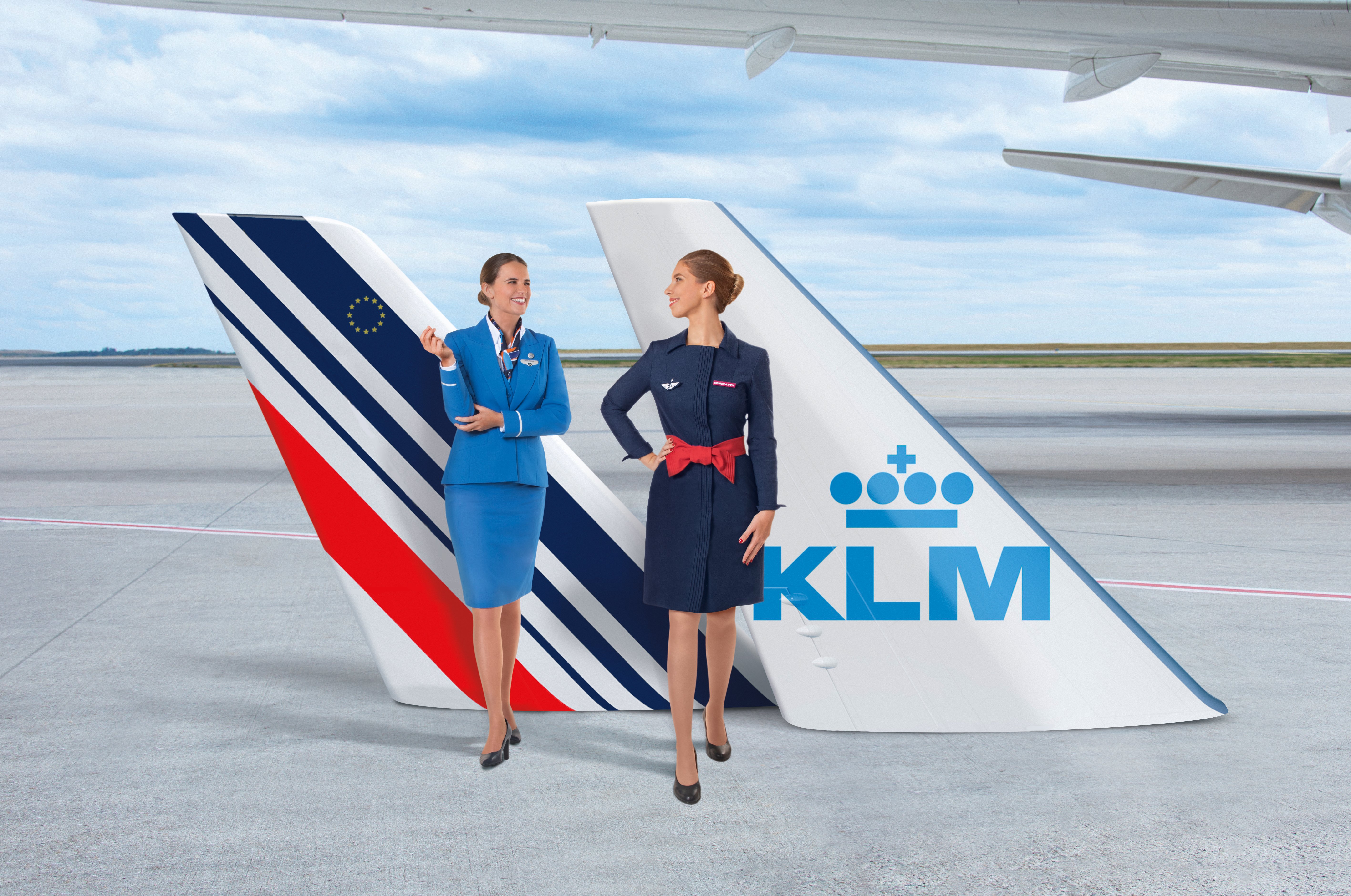
To achieve this, the group created a common service center to undertake administration and standardize processes. Known as the Business Service Center (BSC), it’s located in Budapest, where it aims to optimize activity, cut costs and add value to the business.
Its main role is to handle accounting on a global basis, prevent payment card fraud and process ticket refunds. A highly skilled and growing workforce have diligently, but manually, handled and refined processes over a 15-year period.
Yet much of the work done is low-value and takes too much time from talented multilingual staff members that need to focus on tasks requiring greater expertise. Robotic process automation (RPA) was introduced by the airline’s top management in May 2019 to free teams from time-consuming, monotonous, yet vital tasks.
To begin with, solutions were built in-house, but the BSC soon required additional help. Having partnered with several companies, it settled on BCA Hungary, a business consultancy and IT specialist, implementing UiPath software. Air France-KLM cited BCA Hungary’s extensive experience with UiPath and its customer track record when selecting it as a partner.
The inaugural automation
The first software robot managed customer refunds. “When a customer asks for a ticket refund, the booking needs to be cancelled,” says Tamás Kádár, Transformation and Innovation Manager at Air France-KLM's Budapest BSC.
“This task was undertaken by two full-time employees,” Kádár continues. “It’s a simple process, but very repetitive, time sensitive and prone to error. It is also highly seasonal. Severe weather conditions at Amsterdam Schiphol airport can result in many flight cancellations and consequently a huge peak of refunds. This meant staff needed to be on hand to scale up or down quickly.”
A proof of concept software robot took over, which freed the employees and other resources. More importantly, it also made available canceled seats so the airline could sell them again. As a result, the speed and efficiency of automation boosted revenues while slashing errors.
With a hugely successful implementation in place, Kádár and his team embarked on a plan to expand using RPA. In doing so, he wanted to ensure clear governance over how it was used.
It was very important for us to build the right IT landscape and overall governance for RPA.
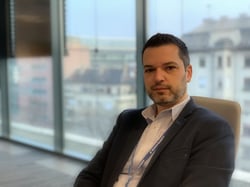
This allowed the BSC to deploy a further three software robots to automate more than a dozen processes in accounting, bank accounts and refundable airline tickets handling. This includes one which collects unidentified payments from SAP and matches them to one of its 200 international branches. It finds and liaises with the right office to allocate where the payment originated.
But this was part of a larger scale, company-wide initiative. “Air France-KLM quickly established three RPA teams across the business. One in Amsterdam, one in Paris, with our team in Budapest being the third. We’re extremely proud to be part of the wider group,” Kádár enthuses. The team in the Netherlands is the RPA Center of Excellence, located in the airline’s HQ.
Adding more robots
With three teams dedicated to RPA, the roll-out began to accelerate, all supported by BCA Hungary. István Takács is the Head of Automation and a Partner at the firm. Takács says, “The collaboration with the Dutch team began in 2020. Initially, there was another local company they worked with on RPA projects, but now we are their main partner.”
We work on new automations using UiPath while also expanding existing robotic solutions with new functions. They all focus on finance, financial controlling, and technical maintenance.
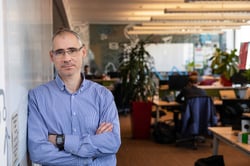
Welcoming automation
When software robots enter the workplace, there can sometimes be nervousness among the staff. It can seem daunting and threatening. However, this wasn’t the case at the BSC. The team in Budapest welcomed their arrival, as Kádár explains.
“Staff were excited about the bots and we had no problems finding candidates to work with them. The real challenge was setting up a permanent team with developers, architects and analysts to deliver and operate the automated processes in quantity and quality. This was why we partnered with BCA Hungary. With their help, we quickly stabilized our automation and maintenance tracks.”
To encourage staff to get involved and to find processes to automate, the BSC launched a competition where people could suggest ideas. Between the autumn of 2021 and the summer of 2022, about 20 ideas were put forward. The best will be implemented and those who put them forward will get a “serious reward,” as Kádár puts it.
Impressive outcomes
Our results speak for themselves. According to our calculations, UiPath software robots now perform as many tasks as 15 full-time employees could do, eight hours a day, five days a week.
Tamás Kádár • Transformation and Innovation Manager at Air France-KLM's Budapest BSC
The return on investment is impressive, too. “We’ve already had 610% of the investment returned within the first year following the implementations. BCA has been instrumental in this. They don’t look at RPA as a software development and IT task. They see it from a business point of view, pinpointing our challenges and finding answers, even for airline-specific issues,” Kádár adds.
But it’s not just the BSC seeing results. The other RPA teams in Paris and Amsterdam have also thrived. Since the start of January 2019, the Dutch team has uncovered a constant flow of new initiatives. Within four months it was making a return on investment and since May 2019 software robots have supported financial accounting processes.
By the end of March 2022, the team reported a 780% return on investment, with automations taking on the repetitive work equivalent to 25 full-time employees performing eight hours a day, five days a week. Errors, such as typos, have also been cut. There are now 12 software robots performing 28 different tasks, and the plan is to introduce five new robots by the end of 2022 summer.
Importantly, every software robot can be accounted for by Air France-KLM’s HQ through a logging framework. This allows management and auditors to see what the virtual employees are doing.
The next step for the airline is to integrate automation with machine learning and chatbots. This is planned for the third quarter of 2022. Peter Stroet is an information manager at Air France-KLM who works with Kádár and others in the RPA teams. He’s looking forward to significant developments, saying, “Our 2022 plan includes 18 new processes with RPA, which will be delivered by the Budapest and Amsterdam teams.”
Wise words
There’s a huge amount that can be learned from Air France-KLM’s experience. Tamás Kádár summarizes by saying, “Firstly, it’s important to have the right infrastructure in place before embarking on an RPA project. This can be achieved by partnering with an expert such as BCA Hungary."
Secondly, it’s vital to start small, but grow fast while selecting less complex processes to give to bots. If you learn how to automate them, within months you'll be ready to really push your business to deliver higher value cases. Thirdly, encourage and support business areas to come up with ideas for RPA. We’re currently delivering a new virtual employee every month to take on repetitive tasks
Tamás Kádár • Transformation and Innovation Manager at Air France-KLM's Budapest BSC
“Finally, don't forget that RPA can be a great solution for temporary challenges. We automated processes, which will be replaced by another software solution in 18 months. Sometimes a short-term fix is all that’s needed.”
However, there’s nothing short-term about Air France-KLM’s RPA project. It’s here to stay and employees are delighted with the impact. Because in the aviation industry, efficiency and effective processes are crucial. Software robots are helping it run like a well-oiled machine.
Ready for your own case study?
Speak to our team of knowledgeable experts and learn how you can benefit from agentic automation.
